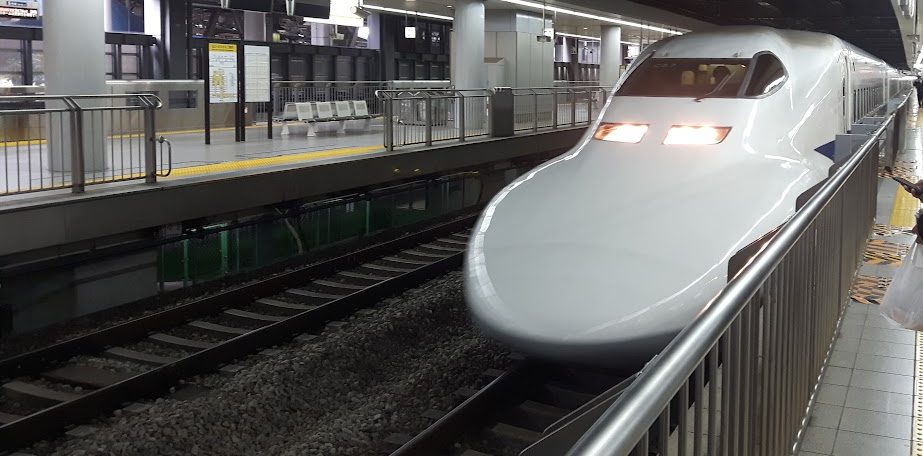Japan: Manufacturing Engineering
If you were unable to join the info session, you can view the recording here.
Please note that the dates for this program have been changed to properly align with the UBC summer schedule. See dates below
On this Page
Applications are now closed for this Program
About the program
In this seminar course students will experience firsthand the impact that robotics and automation have had on the modern world. Students will embark on an eye-opening trip to Tokyo, Japan where they will be immersed in a city that has been and continues to be at the forefront of technology research, development, and adoption.
Industry site and museum visits such as the Toyota production plants, FANUC industrial robotics headquarters, and the National Museum of Emerging Science and Technology will give students insight into both the history and the state-of-the-art in robotics and automation technology. Guest lectures at universities in and around Tokyo will also expose students to emerging robotic technologies and let them imagine what the future of automation could look like.
Within a framework of sustainability and ethics students will reflect on how robotics and automation have had both positive and negative impacts on society and reflect on their role as future engineers in making positive societal changes.
General Timeline
Teaching Dates: July 17 – 29th, 2023
Arrival: July 16, 2023
**IMPORTANT – Dates have been recently changed to July to reflect the UBC summer schedule***
Week 1:
In the first week, learning activities will focus on the history of robotics and automation in Japan. Students will visit a number of museums and tour parts of the city to see firsthand how automation technology has been integrated into Japanese society. Daily debrief sessions will be held where students can share their observations. Students will make a number of site visits to companies at the cutting edge of robotics and automation integration. At the conclusion of this week, students will have a solid understanding of the current state-of-the-art in robotics technology.
Week 2:
Final lectures and workshops on emerging technologies at universities in the Tokyo area will prepare the students for a final report on the future of robotics and automation, focusing on their potential positive and negative societal impacts.
Program Fees
Program fees: $2,100-$2,600.
*The final program fee depends on the number of students in the program.
Note: The program fee will be offset by $1,000 for UBC students
| Included in program fee | Not included in program fee |
|
|
Program Director Bio

Dr. Richert joined the School of Engineering in August 2018 as a lecturer and is now an Assistant Professor of Teaching in Manufacturing Engineering. He teaches courses related to Automation, Controls, and Mechatronics.
He earned a PhD in mechanical engineering from the University of California San Diego with a focus on distributed control algorithms for networked systems. After completing his PhD, Dr. Richert joined Cymer Inc. (an ASML company) as a Senior Algorithms Engineer where he designed and validated embedded control systems for extreme ultraviolet (EUV) light sources used in semiconductor manufacturing.
Returning to Canada in 2017, Dr. Richert began post-doctoral research at the University of Calgary where he designed a real-time noise monitoring sensor network for the City of Calgary. He also taught a course in Computer Architecture and guest lectured in topics such as Signals and Systems, and Artificial Intelligence.
